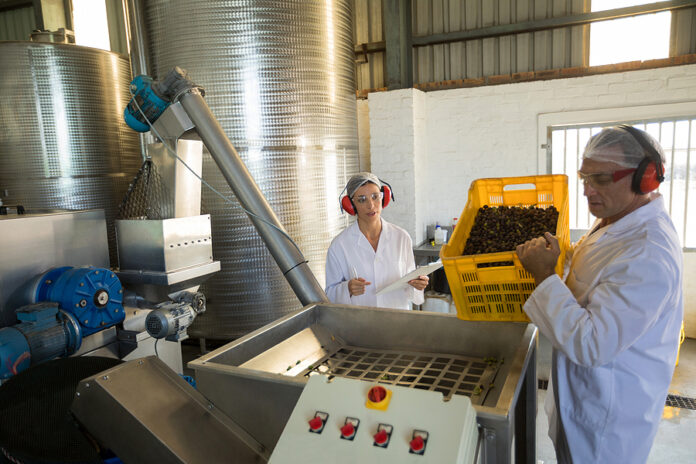Over the past five years, I estimate I’ve made the same lemon bar recipe dozens of times, if not more.
While the steps are second nature, I’m hopeless at remembering any of the measurements. When I recently found myself once again typing “Sally’s Baking Addiction lemon bars” into my browser I wondered, “Is my brain turning to mush?”
It turns out my inability to retain some information is likely due a cognitive bias known as the “Google effect,” or digital amnesia: the tendency for the brain to forget information that can be easily accessed online. It can weaken your memory, says Cynthia Borja, a project leader at The Decision Lab, a think tank where researchers study how people make decisions.
“One of the things we know about the brain and memory is that ‘use it or lose it’ absolutely applies,” she tells CNBC Make It. “If you tend to always rely on Google to remember a particular fact, for example, and don’t ‘use’ your brain to remember it, your brain gets very good at not remembering it.”
If you tend to always rely on Google to remember a particular fact … your brain gets very good at not remembering it.
Cynthia Borja
Project Leader, The Decision Lab
In order not need to rely on the search box so often, Borja says it’s worth it to spend a little more time and energy committing information to memory.
Here are three simple steps you can take to wean yourself of Google and improve your recall.
1. Pause before reaching for your phone
Just because you can’t immediately recall something doesn’t mean you’ll never recall it. Before Googling a question you know you’ve searched before, Borja recommends taking a few minutes to try to remember the answer.
“Even if this doesn’t work at first, and you end up having to Google it anyway, you will slowly strengthen your memory pathways and improve your recall,” she says.
2. Write down what you want to remember
If you find information online that you know you’ll want to remember later, write it down. Taking notes by hand “tends to help retain information better and also means you have to engage more actively in what you are doing,” Borja says.
It’s an expert-approved strategy. In a 2021 Reddit AMA, Bill Gates said that he takes handwritten notes while reading books in order help him really absorb the information.
“For a lot of books, that is key to my learning,” the billionaire said at the time.
3. Reframe your thinking
The next time you find a new recipe you like or learn about something new that you know you don’t want to forget, act as if you won’t be able to look it up next time. This mindset shift can help you commit things to memory.
“It is important to use technology as an assistive tool,” Borja says, but stresses that it’s important to “keep our brains and minds engaged, active and recalling things.”
This practice of challenging your brain to keep it in good shape extends beyond the search box. “If we are over-reliant on a calculator to help us with even basic math, we might forget the times table we learned when we were younger,” she says.
The next time I make my favorite baked treats, I’m going to approach Google as a last resort instead of a lifeline. Maybe then I’ll finally remember just how many lemons I need to grab at the store.
Want to make extra money outside of your day job? Sign up for CNBC’s new online course How to Earn Passive Income Online to learn about common passive income streams, tips to get started and real-life success stories.
Plus, sign up for CNBC Make It’s newsletter to get tips and tricks for success at work, with money and in life.

Credit: Source link













